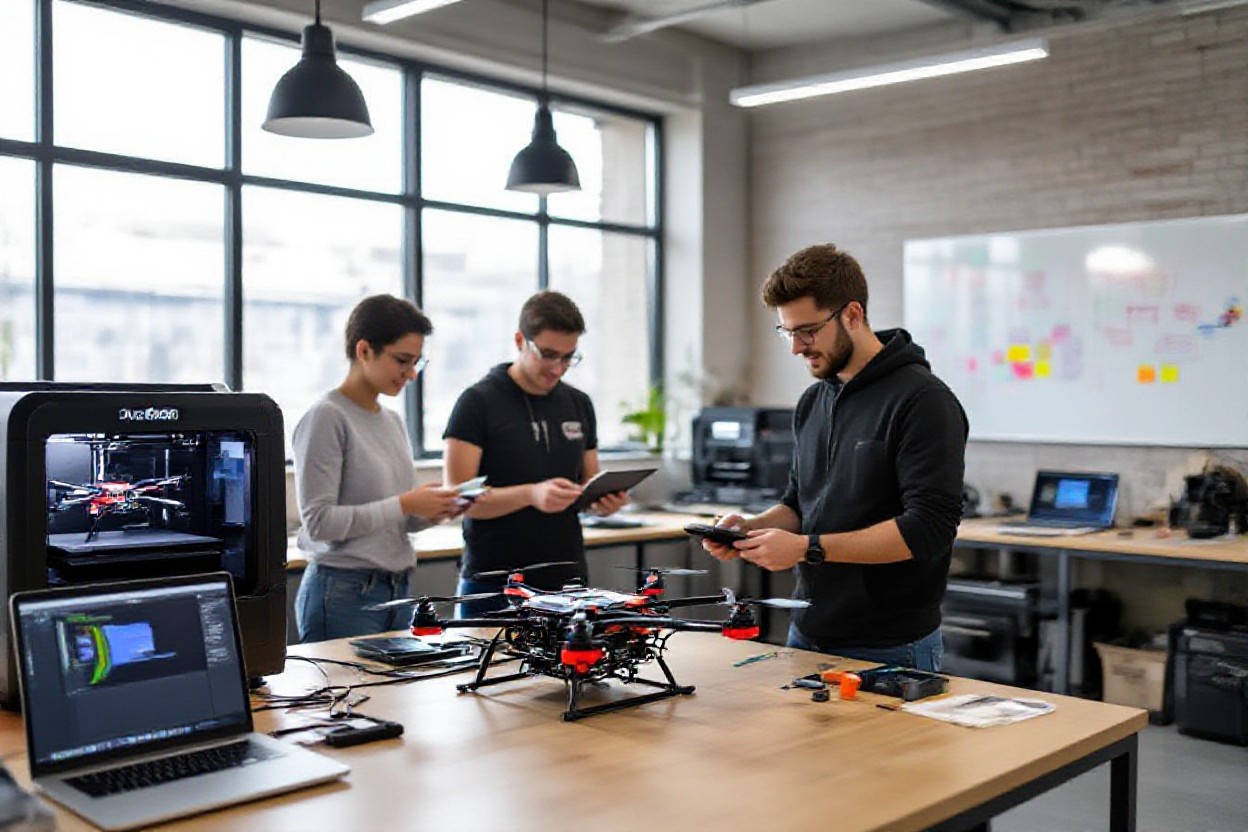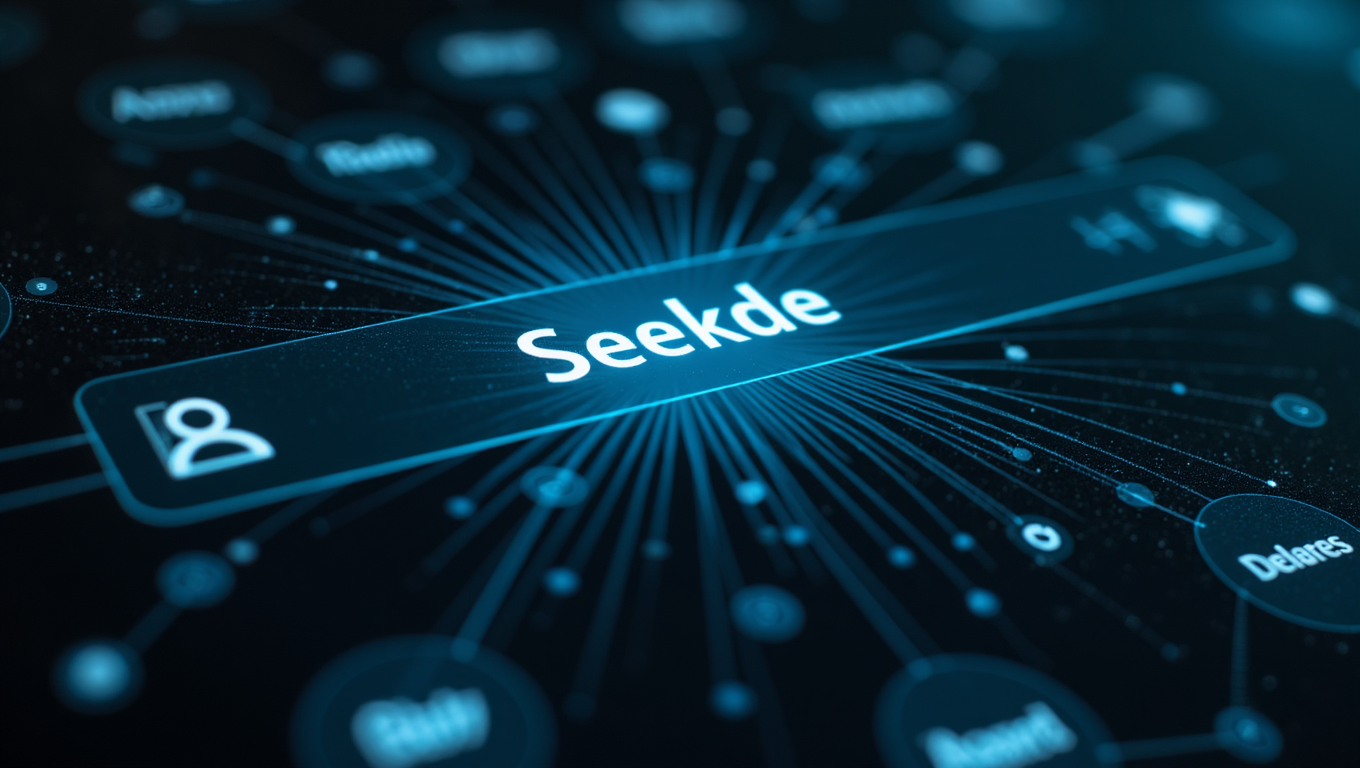Artificial Intelligence (AI) is transforming all industries across the globe, yet it is the healthcare industry that is experiencing a transformation that is more radical. In healthcare, AI is enhancing the results, minimizing the costs, and making treatment more personalized than ever before, improving the accuracy of the diagnosis, and streamlining the processes in hospitals. This technological change is not a matter of an attempt to substitute human expertise but to multiply it, assisting the doctor, nurses, and researchers in making quicker, wiser, and more accurate choices.
The Evolution of AI in Healthcare
The history of AI in the healthcare industry started with making the simplest data analysis tools and progressed to more complex predictive systems and smart automation. At the beginning of the 2000s, electronic health records (EHRs) became the main tool that hospitals relied on to digitize patient records. But nowadays, systems do much more than that; AI can process such data, identify trends, and even anticipate illnesses before they manifest themselves.
The major technologies that bring this change are machine learning algorithms, natural language processing (NLP), and computer vision.
Enhancing Diagnostics and Early Detection
Diagnostic use of AI is one of the most promising areas of AI application in the field of healthcare. Imaging medical devices, such as X-rays, MRIs, and CT scans, produce enormous volumes of visual information that need to be interpreted in detail. Tumors, fractures, or infections can now be spotted with almost greater accuracy by AI algorithms that have been trained on thousands of images.
The tools are not only efficient in accelerating the diagnostic process but also minimize the amount of human error, which guarantees patients receive timely and quality care.
Personalized Treatment and Precision Medicine
Patients are individuals, and AI is assisting medicine to leave behind the conventional one-size-fits-all model. Having available large volumes of genetic data, treatment history, and reaction to drugs, AI systems may suggest a specific treatment that suits an individual.
Likewise, AI can help keep the effectiveness of the treatment under control by evaluating real-time wearable device data that can enable a physician to modify the medications or treatment plan accordingly.
AI in Drug Discovery and Research
The process of creating a new drug is traditionally a long-term and expensive one, requiring millions of dollars of research and years of work. AI is greatly lowering the time and cost of drug discovery.
Pharmaceutical firms are also applying AI algorithms to determine possible drug candidates and examine the toxicity, and predict side effects faster than ever. In the context of the COVID-19 pandemic, AI was important in the process of expediting vaccine development through the rapid analysis of viral genomes and predicting protein structures.
Administrative Efficiency and Hospital Management
On the other hand, AI in healthcare is revolutionizing the administrative aspect of hospitals and clinics beyond clinical application. The process of keeping patient records, appointment scheduling, and insurance claims may prove to be time-consuming and prone to errors.
They are able to manage appointment reminders, respond to some simple medical questions, and even help in triaging patients according to their symptoms before they see a doctor.
Challenges and Ethical Considerations
Nonetheless, AI in healthcare has a number of challenges, in spite of its colossal potential. Privacy of information is also one of the most significant issues, because AI systems use personal health data extensively.
Bias in AI algorithms is another issue. In case of non-diversity in training data, then the AI systems might give wrong outputs on a subset of the population.
Besides, AI can be used to increase efficiency, and it must never substitute the human element in healthcare. The aspects of medical care that can never be substituted are empathy, communication, and clinical judgment. Following the expertise of healthcare professionals, AI should become a tool that will not replace them but rather complement them.
The Future of AI in Healthcare
In the future, the process of AI implementation in healthcare will only become more successful. The following decade will be even more innovative with the development of quantum computing, wearable health technology, and real-time data analytics. Hospitals will be more proactive instead of reactive, and they can detect possible health risks before they explode.
AI-driven telemedicine will also ensure that healthcare is more accessible, particularly in remote or underserved regions. Those patients will get high-quality consultations with the use of virtual platforms with the assistance of AI diagnostic tools that guarantee accuracy and consistency.
Conclusion
The use of AI in healthcare is not only a technological movement but also an international movement towards wiser, faster, and more patient-centered medicine.
Nevertheless, the trip requires accountability every single time in terms of innovating without being unethical and automating without human sympathy. AI has the potential to make healthcare the place where not only an intelligent but also a thoroughly humane system operates when implemented wisely.





